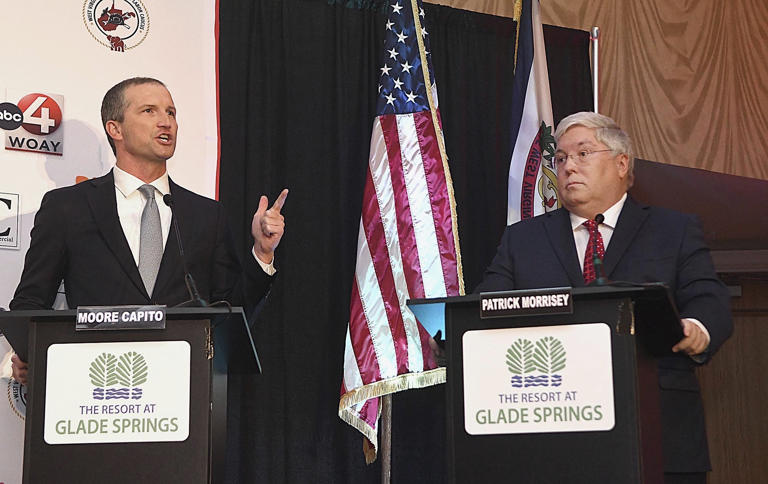The Biden administration’s efforts to enforce tougher standards for deadly soot pollution are facing significant pushback from Republican-led states and business groups. In a wave of legal challenges, 25 states, along with various industry associations, have filed lawsuits seeking to block the new Environmental Protection Agency EPA rule.
Led by attorneys general from Kentucky and West Virginia, 24 states have jointly challenged the rule, arguing that it would impose substantial costs on manufacturers, utilities, and households. Additionally, Texas filed a separate lawsuit, while business groups represented by the U.S. Chamber of Commerce and the National Association of Manufacturers have also taken legal action.
According to Kentucky Attorney General Russell Coleman, the EPA’s rule appears to prioritize President Biden’s environmental agenda over the well-being of Americans. Coleman asserted that the rule would not only harm the economy but also drive jobs and investment away from Kentucky, ultimately burdening employers and families.
This legal battle over the soot rule is part of a broader pattern of resistance against EPA directives from industry groups and Republican-led states. The Supreme Court recently heard arguments on a GOP challenge to the agency’s “good neighbor rule,” which aims to restrict smokestack emissions from industrial sources burdening downwind areas.
Energy-producing states like Ohio, Indiana, and West Virginia, along with the steel industry and other stakeholders, have opposed the soot rule, deeming it costly and ineffective. As a result of the ongoing legal challenges, the rule is currently on hold in several states.
Critics of the soot rule argue that the United States already maintains stringent air quality standards compared to other major economies like the European Union, China, and India. They contend that tightening these standards further could lead to substantial economic repercussions, potentially hindering new economic activities.
As the legal battle unfolds, the outcome will have significant implications for environmental policy and economic development in the United States. The clash between federal regulations and state interests underscores the complexities surrounding environmental governance and public health protection.
